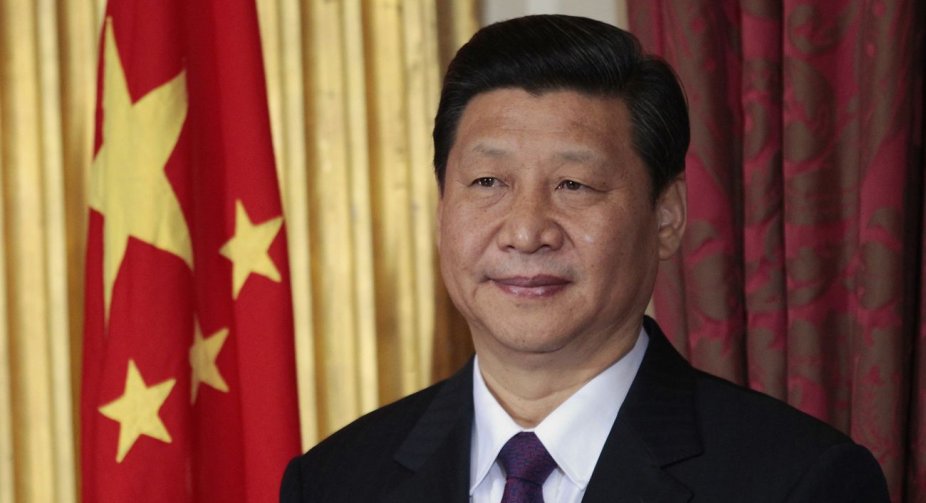China's national security leaders need to think about "worst-case scenarios" and prepare for "rough seas."
This was stated by Chinese leader Xi Jinping at a meeting of the party's Commission on National Security, CNN writes.
"The complexity and difficulty of the national security issues we now face have increased significantly. We must adopt a results-oriented, worst-case-scenario mindset and be prepared to be seriously challenged by high winds and rough waves, and even dangerous, stormy seas." - Said Si.
Xi's latest directives come at a time when Beijing is facing challenges, including economic problems and what it sees as an increasingly hostile international environment.
At the same time, the leader of the People's Republic of China noted that China should accelerate the modernization of its national security system, forces and means, as well as make them more effective in "real combat operations and practical application."
Xi urged China to move forward in building a national security risk monitoring and early warning system, strengthen national security education, and improve data security and artificial intelligence management.
As the publication writes, since coming to power, Xi has made national security a key paradigm in the country. The leader of the People's Republic of China expanded its concept, including everything - politics, economy, culture, defense and others. In particular, Beijing has introduced a number of laws to protect against perceived threats, including anti-terrorism and counter-espionage laws.
"Most recently, he expanded the scope of his already comprehensive anti-espionage law to cover state secrets and intelligence, as well as any document, data, material or object related to national security and interests." - adds the edition.
China's multiple attacks on foreign companies have spooked international businesses at a time when Beijing is trying to attract foreign investment to help revive an economy that has slowed after three years of covid restrictions.
Today, US-China relations are at their lowest point in decades. Efforts to improve them have struggled to make progress for a number of reasons.






